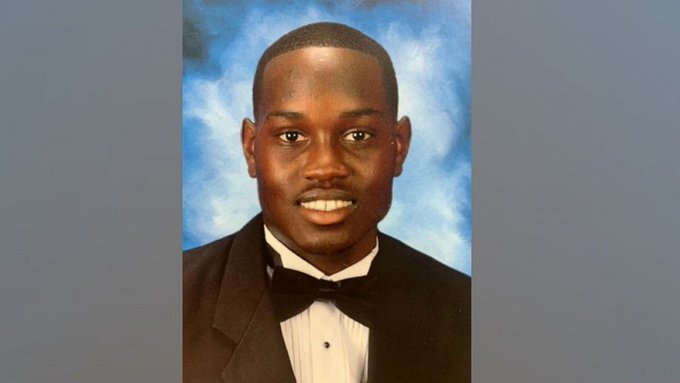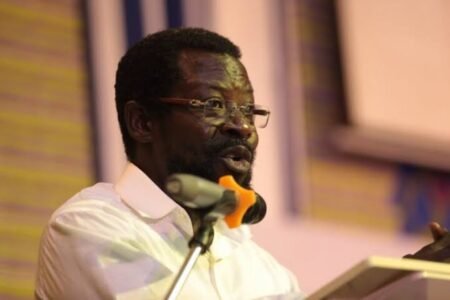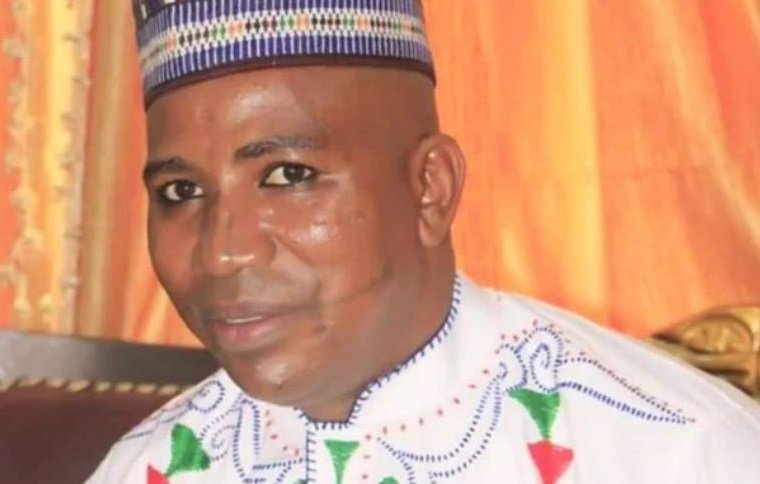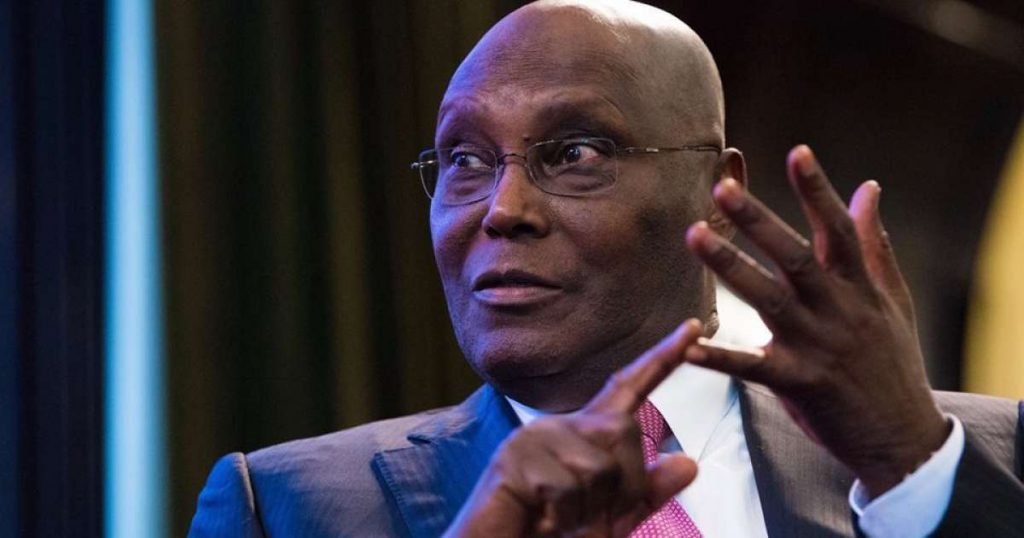Three white men were convicted of murder on Wednesday for chasing and shooting Ahmaud Arbery as the Black man ran through their neighborhood, with a Georgia jury rejecting a self-defense claim in a trial that once again probed America’s divisive issues of race and guns.
The verdicts were delivered by the jury, consisting of one Black man and 11 white men and women, after about a two-week trial in the coastal city of Brunswick in a case that hinged on whether the defendants had a right to confront the unarmed 25-year-old avid jogger last year on a hunch he was fleeing a crime.
Gregory McMichael, 65, his son Travis McMichael, 35, and their neighbor William “Roddie” Bryan, 52, were found guilty of murder, aggravated assault, false imprisonment and criminal intent to commit a felony. They face a minimum sentence of life in prison with the possibility of parole.
Jurors reached their verdicts on the second day of deliberations.

President Joe Biden said the convictions showed that America’s criminal justice system is “doing its job,” though the killing was “a devastating reminder of how far we have to go in the fight for racial justice in this country.”
“Instead, we must recommit ourselves to building a future of unity and shared strength, where no one fears violence because of the color of their skin,” Biden said in a statement.
There was never any dispute that the younger McMichael fired his pump-action shotgun three times at Arbery at close range on Feb. 23, 2020, in the suburban community of Satilla Shores. It was captured on a graphic cellphone video made by Bryan, stoking outrage when it emerged more than two months later and the public learned that none of the three men had been arrested.
Defense lawyers had cited a Georgia law that allowed anyone to make a citizen’s arrest of individuals they have reasonable suspicion are fleeing a serious crime they committed, though the jury ultimately rejected that defense. The law was repealed in the wake of Arbery’s killing.
Lawyers for the McMichaels argued that the killing was justified after Arbery ran past the McMichaels’ driveway in a neighborhood that had experienced a spate of property thefts. Both McMichaels grabbed their guns and jumped in their pickup truck in pursuit, with Bryan, unarmed, joining moments later.
Prosecutors said the defendants had “assumed the worst” about a Black man out on a Sunday afternoon jog. He was chased by the defendants for about five minutes around the looping streets.
Arbery’s name was added to those invoked in nationwide anti-racism protests in 2020 that erupted after the police killings of George Floyd and Breonna Taylor, both of whom were Black.
“It’s been a long fight. It’s been a hard fight. But God is good,” Arbery’s mother, Wanda Cooper-Jones, said outside the courthouse. “He will now rest in peace.”
Earlier, her head sunk into her chest as she wept upon hearing the verdict, with civil rights activist the Rev. Al Sharpton gripping her hand. Arbery’s father Marcus Arbery leapt up and cheered.
Sheriff’s deputies came over and told him he had to leave.
In reacting to the verdict, Marcus Arbery later told reporters, “We conquered the lynch mob.”
Outside the courthouse, a crowd of more than 100 people gathered and cheered yelling “justice” and “yes” as the verdicts were read, some waving flags including one for the Black Lives Matter movement.
‘I’M FLOORED’
Travis McMichael, looking red-faced, turned as he stood to leave the courtroom and mouthed “love you” to his mother, Leigh.
“I’m floored, floored with a capital ‘F,'” Laura Hogue, one of Gregory McMichael’s lawyers, said in the courtroom.
The three men face a federal trial next year on hate-crime charges, accused in an indictment of violating Arbery’s civil rights by embarking on the fatal chase because of his “race and color.”
Wednesday’s verdict followed a jury’s Nov. 19 acquittal in another closely watched trial of an 18-year-old named Kyle Rittenhouse who fatally shot two men during racial justice protests in Wisconsin. Both cases highlighted the broader issue of U.S. gun violence that has called a national embarrassment. In both, defendants claimed self-defense.
The prosecution was widely seen as another test case in how the U.S. justice system handles instances of unarmed Black people killed by white people. During the trial, there was almost no evidence presented or discussion of race as a motive.
The issue of race hung over the trial. A nearly all-white jury was selected, and one of the defense lawyers repeatedly, but unsuccessfully, sought the removal of Black pastors and civil rights leaders including the Rev. Jesse Jackson from the courtroom.
The elder McMichael’s lawyer, Hogue, told jurors during the trial that the defendants had a duty to catch Arbery, who she portrayed as a frightening burglar with “long dirty toenails,” using a description from the autopsy report.
Lead prosecutor Linda Dunikoski chided the defense for aiming to “malign the victim,” calling that “offensive.”
No evidence ever emerged connecting Arbery to any Satilla Shore thefts.
Travis McMichael, a former U.S. Coast Guard mechanic and the only defendant to take the witness stand, tearfully testified that he fired in self defense as Arbery grabbed the shotgun he was carrying while chasing him in the truck. Under cross-examination by a prosecutor, he conceded he told the police hours after the shooting he could not say for sure if Arbery actually grabbed the gun.











